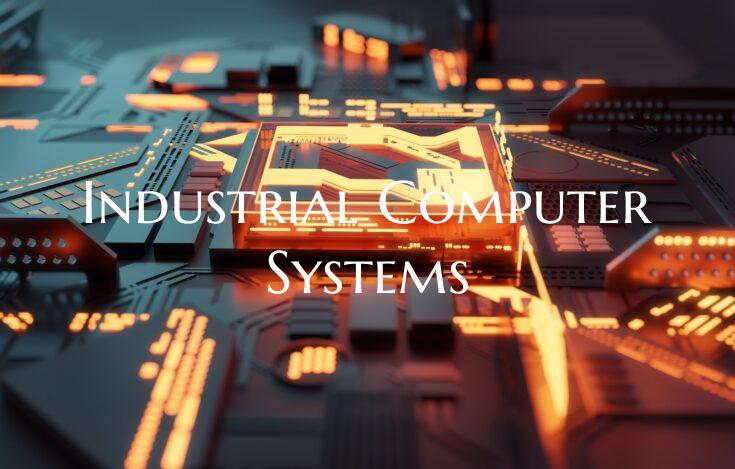Industrial Computer Systems
Introduction: Industrial computer systems play a crucial role in modern manufacturing processes, offering advanced technological solutions to optimize productivity, efficiency, and safety in industrial environments. These specialized computers are designed to withstand harsh conditions and perform complex tasks, making them essential tools for the automation and control of industrial machinery and processes. In this article, we will explore the key features, benefits, and applications of industrial computer systems in today's manufacturing industry.
Key Features of Industrial Computer Systems: 1. Robust Construction: Industrial computer systems are built to operate reliably in tough industrial environments, with rugged enclosures that protect against dust, moisture, extreme temperatures, and vibrations. 2. High Performance: These systems are equipped with powerful processors, memory, and graphics capabilities to handle advanced industrial applications and data processing tasks. 3. Connectivity: Industrial computers feature a range of communication ports and networking capabilities to interface with various industrial equipment, sensors, and control systems. 4. Longevity: Industrial computer systems are designed for long-term operation, with extended product life cycles and support for legacy software and hardware components. 5. Customization Options: Manufacturers offer customizable configurations to tailor industrial computer systems to specific industrial applications and requirements.
Benefits of Industrial Computer Systems: 1. Enhanced Automation: Industrial computer systems enable the automation of manufacturing processes, leading to increased efficiency, precision, and consistency in production operations. 2. Improved Data Management: These systems provide real-time monitoring, data collection, and analysis capabilities to optimize production processes, identify trends, and make data-driven decisions. 3. Remote Monitoring and Control: Industrial computer systems support remote access and control, allowing operators to monitor and manage manufacturing operations from anywhere, enhancing operational flexibility and responsiveness. 4. Increased Safety: By integrating safety features and protocols, industrial computer systems help prevent accidents, mitigate risks, and ensure compliance with industry regulations. 5. Scalability and Flexibility: Industrial computer systems offer scalability options to adapt to changing production requirements and can be easily integrated with existing industrial equipment and systems.
Applications of Industrial Computer Systems: 1. CNC Machining: Industrial computer systems control and monitor Computer Numerical Control (CNC) machines for precision machining operations. 2. PLC Programming: These systems are used for programming and interfacing with Programmable Logic Controllers (PLCs) to automate industrial processes. 3. SCADA Systems: Industrial computer systems serve as Human-Machine Interface (HMI) for Supervisory Control and Data Acquisition (SCADA) systems, enabling centralized monitoring and control of industrial processes. 4. Robotics Integration: Industrial computer systems play a vital role in integrating and controlling robotic systems for assembly, handling, and other manufacturing tasks. 5. Inventory Management: These systems facilitate inventory tracking, material handling, and supply chain management in industrial settings, optimizing inventory levels and logistics operations.
Conclusion: Industrial computer systems are indispensable tools for modern manufacturing, offering advanced capabilities to enhance automation, productivity, and safety in industrial environments. By leveraging the latest technologies and tailored solutions, these systems empower industries to streamline operations, improve decision-making, and stay competitive in a fast-paced global market. As manufacturing processes continue to evolve, industrial computer systems will play a pivotal role in driving innovation and efficiency across diverse industrial sectors.

